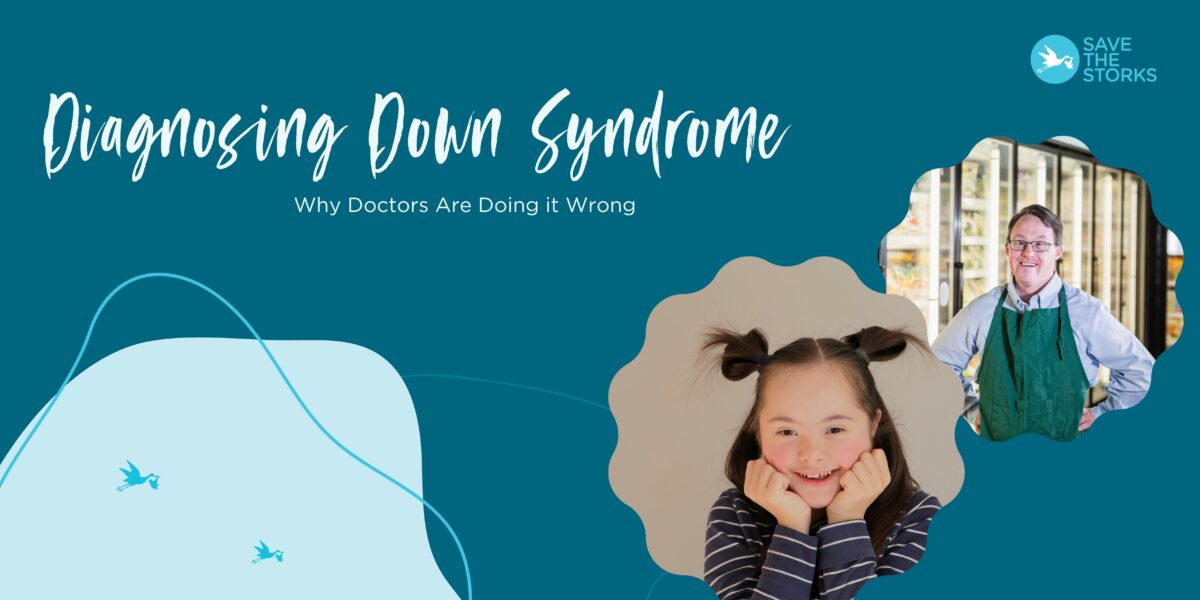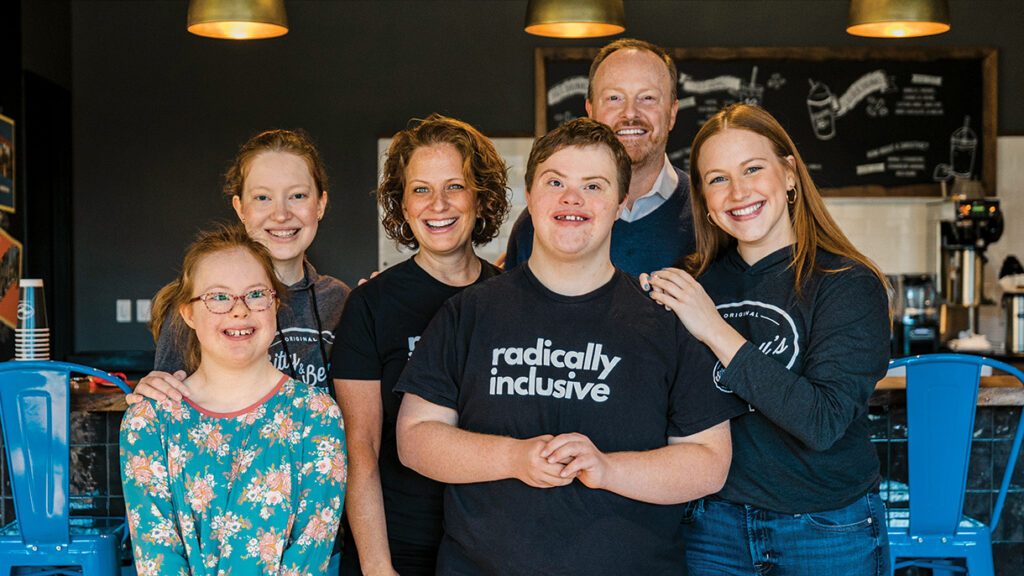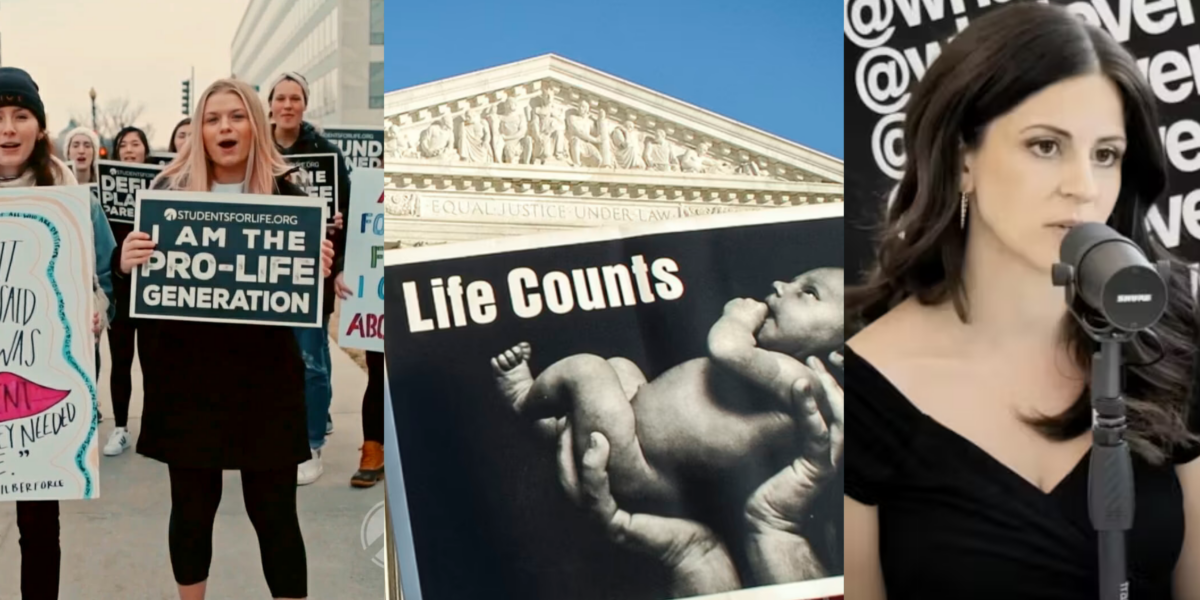According to a 2022 study with Harvard Medical School, about 1 in every 800 babies will be diagnosed with Down syndrome. Still, there is negativity and misinformation when it comes to diagnosing Down syndrome. Sadly, advice from healthcare professionals can push parents to abort their child.
When doctors offer abortion as an option upon the diagnosis, they present parents with a question. Is this child’s life worth living? It’s a question no parent should be asked.
Doctors need proper training on diagnosing Down syndrome to parents without applying their own bias upon delivery.
The Role of Bias in Prenatal Diagnosis
When doctors deliver a diagnosis, they are painting a picture of the child’s future for parents. If they only present the challenges and not the potential, it’s an incomplete portrayal. A lack of information can be just as misleading as misinformation.
A study published in the Disability and Health Journal found providers were more likely to discuss health issues and reproductive options than the resources available to parents. Less than 40% discussed support services and life outcomes.
Medical professionals demonstrated explicit bias by discussing incorrect or outdated information when diagnosing Down syndrome not based on medical research. This medical bias is eerily reminiscent of Planned Parenthood misleading or pressuring women into choosing abortion. We believe every parent deserves the truth, compassion, and unbiased support to make informed decisions.
The Impact of Misinformation
In a study by The Human Development Institute, surveyed parents said 61% of obstetric providers apologized or presented the Down syndrome diagnosis as bad news.
In the same study, one parent described their experience in 2018, “My maternal-fetal medicine doctor was much more harsh. He said ‘I’m sorry’ several times and immediately went into all the potential health issues we would need to consider if we really intended to continue with the pregnancy.”
Everyone will face challenges in life. This is a guarantee. With Down syndrome, the only difference is we know from the start what some of these challenges will be. But should these challenges determine the value of a life? Absolutely not. Assigning value to a baby based on the difficulties they might face is an underlying theme in the pro-abortion movement.
Thankfully, companies like Bitty and Beau are working to fight the stigma around people with disabilities.
Bitty and Beau’s Coffee: Championing Inclusivity
Bitty & Beau’s has labeled itself a “human rights movement disguised as a coffee shop.”
Amy & Ben Wright are parents to two children with Down syndrome and one with Autism. The Wrights’ heart for their children expanded in the creation of this coffee shop. They founded Bitty & Beau’s in 2016 to create jobs for the over 80% of people with disabilities who are unemployed in the US.
Bitty & Beau’s Coffee paves the way for individuals with disabilities to be recognized, embraced, and integrated into every community. The original shop opened in Wilmington, NC, and employed 19 individuals with intellectual and developmental disabilities. Bitty & Beau’s now has 25 locations in 13 states. Check to see if they have a location near you.
Support for People with Disabilities
The Disability and Health Journal concluded that doctors need more training on disability cultural competency and how to deliver prenatal testing results without implicit or explicit bias. Evidently, too many doctors present the report with information on challenges the parents need to be wary of rather than giving updated information, like how the Down syndrome community is living longer and healthier lives than ever with new medical advancements.
According to an article in Prenatal Diagnosis, 60 to 90 percent of children with Down syndrome are aborted in the U.S.
Our Women’s Health Clinic partners train medical professionals and volunteers to help women face the unexpected. With more Women’s Health Clinics and Mobile Medical Clinics on the road, we can rest assured that parents who receive a prenatal diagnosis of Down syndrome will have the compassionate and unbiased support they need.







